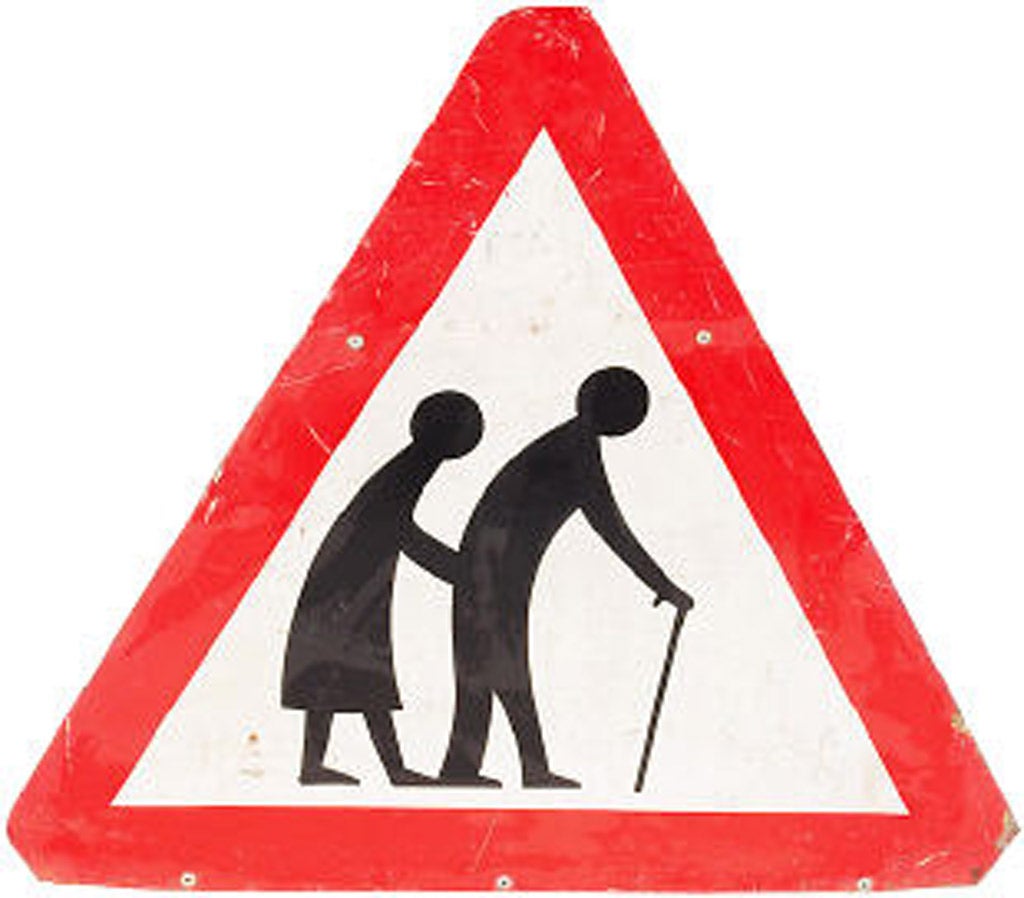The smarter cars that could keep older drivers on the roads longer
Scientists are looking at a range of technologies that could reduce risk and improve confidence

Scientists have built an "emotionally intelligent" electric car that aims to keep people over 65 on the roads for longer.
Fitted with a range of devices from eye-tracking goggles to biometric technology that monitors heart rates and cardiovascular health, the modified Peugeot iOn will monitor drivers' concentration, stress levels and driving habits. It is hoped the findings will pave the way for new technology that will instill confidence in drivers over 65 and keep them safely on the road for longer.
Scientists at Newcastle University created the so-called "Drivelab" as part of a wider research project that comes amid concern for the safety of elderly drivers. Statistics from the Department for Transport suggest they are one of the highest-risk groups for injury or death on Britain's roads. There are now up to six million licence-holders over 70, compared with fewer than a million 35 years ago.
Phil Blythe, who is leading the project, said: "We have to accept that, as we get older, our reactions slow down and this often results in people avoiding any potentially challenging driving condition and losing confidence in their driving skills.
"The result is that people stop driving before they really need to. We are looking at ways of keeping people driving safely for longer, which in turn boosts independence and keeps us socially connected."
Tthe findings may eventually lead to a range of new technologies to help elderly motorists. They include sensors that assist with parking blind spots, "forward-facing radars" that warn drivers how close they are to other vehicles, as well as "heads up" dashboard displays projected on to the windscreen.
The group will also research new satellite navigation technology that is more suitable for over-65s. Instead of the traditional direction-led audio navigation, this could include directions given through visual cues such as an upcoming post box, pub or petrol station.
The research is part of a project funded by the Research Councils UK Digital Economy programme. The car will be unveiled at a seminar on ageing, mobility and quality of life in the US in June. Trials will continue over the next year.
Join our commenting forum
Join thought-provoking conversations, follow other Independent readers and see their replies
Comments